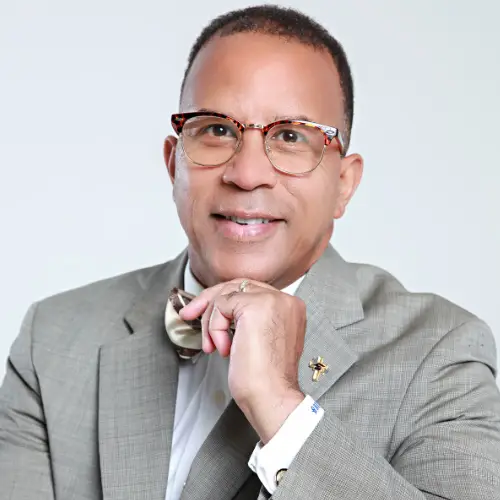Yet, time and again, the most impactful and enduring leaders attribute their success not to a singular skill or bold idea, but to something far more fundamental and often overlooked: trust. Trust is a leader’s greatest asset.
Trust: The invisible currency
Trust is the invisible currency of leadership. It cannot be bought, demanded, or fast-tracked—it must be earned and continually maintained. A leader who is trusted can inspire, influence, and mobilize people toward a common goal with greater ease and authenticity. Conversely, a leader who lacks trust, no matter how skilled or intelligent, will struggle to unify their team or organization.
Trust is the foundation on which collaboration is built. It’s what allows teams to take risks, speak candidly, and innovate without fear of blame. When employees trust their leader, they’re more engaged, more resilient in the face of adversity, and more committed to the mission.
How trust is built
Trust doesn’t happen by accident—it is cultivated through consistent, intentional behavior. Here are some of the most critical ways leaders build trust:
- Integrity: Saying what you mean and doing what you say is the bedrock of integrity. Leaders who keep their promises, even in the small things, signal that they are reliable and dependable.
- Transparency: Sharing information openly and honestly—even when it’s difficult—demonstrates respect for the team and invites mutual understanding.
- Empathy: Great leaders listen. They show genuine care for the people they lead and recognize their individual challenges, goals, and contributions.
- Competence: While character is essential, competence cannot be ignored. People trust leaders who demonstrate sound judgment and the ability to deliver results.
- Consistency: Predictable behavior creates a sense of psychological safety. When leaders act with consistency, people know where they stand and what to expect.
The ripple effect of trust
Trust doesn’t just impact the leader-follower relationship; it affects the entire culture of an organization. A high-trust culture leads to faster decision-making, lower turnover, greater innovation, and higher performance. It creates an environment where people feel valued and empowered.
On the other hand, the absence of trust breeds suspicion, fear, and dysfunction. In such environments, energy is wasted on politics and self-preservation rather than progress and collaboration.
Leading with trust in uncertain times
In times of uncertainty—economic shifts, crises, rapid change—trust becomes even more vital. People look to their leaders for stability and clarity. Leaders who can communicate with honesty, show vulnerability, and act decisively reinforce trust when it matters most.
In such moments, it’s not about having all the answers, but about being authentic and accountable. Trustworthy leaders create calm within the storm and bring people together when fear threatens to drive them apart.
Conclusion
A leader’s greatest asset is not their résumé, network, or even their vision—it is the trust they earn from those they lead. Trust is the multiplier of all other leadership qualities. It turns authority into influence, strategy into execution, and teams into communities.
In the end, leaders who focus on cultivating trust don’t just build better teams—they build legacies.








